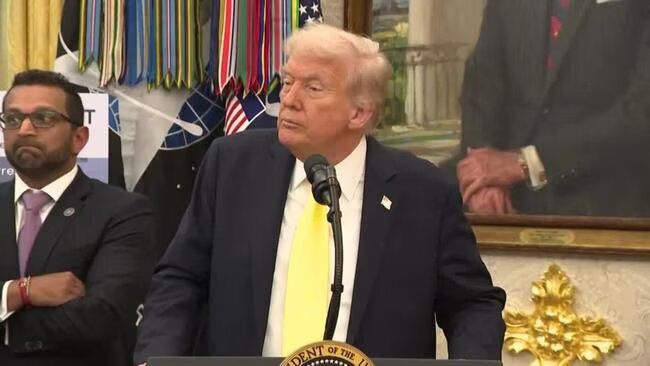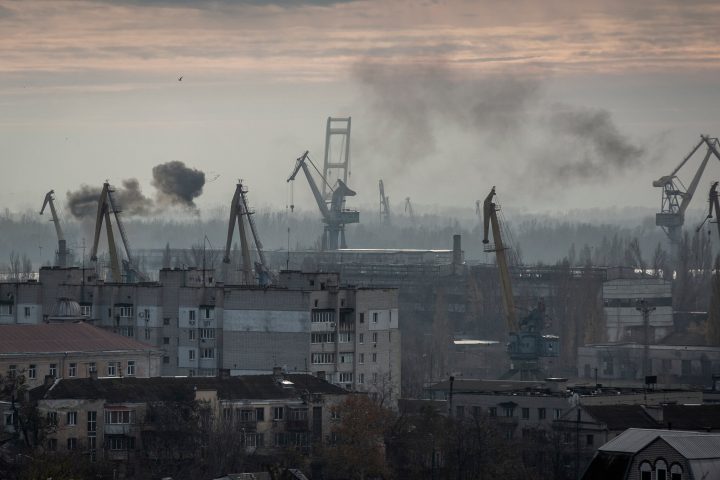Pakistan and Afghanistan have agreed to a 48-hour ceasefire after airstrikes and ground fighting that have killed more than a dozen civilians and wounded hundreds.
Pakistan and Afghanistan agree to temporary ceasefire after heavy border fighting
Pakistan and Afghanistan have agreed to a temporary 48-hour ceasefire that began at 4:00 p.m. Kyiv time on Wednesday. The decision came after a series of airstrikes and border clashes that have killed at least 13 civilians and wounded more than 100.
It is the most serious escalation between the two Islamic states since the Taliban came to power in 2021.
The Pakistani side said that the ceasefire was initiated by Kabul, while Afghan government spokesman Zabihullah Mujahid said that the ceasefire took place “at the insistence of Pakistan.”
Airstrikes, explosions and dozens of injuries
On Wednesday, Pakistan carried out an airstrike on the Afghan province of Kandahar, in particular on the city of Spin Boldak, which borders Pakistan’s Chaman.
According to the Afghan Ministry of Defense, the missiles hit residential areas, while Islamabad claims that the targets were Taliban military units.
In Kabul, EMERGENCY hospital received 40 injured people, five of whom died.
“We received ambulances with injured people, many with shrapnel wounds, burns and bruises,” said EMERGENCY director Dejan Panic.
Mutual accusations of ground attacks
Both sides accuse each other of ground attacks.
The Afghan side claimed the death of more than 12 civilians and 100 wounded in Spin Boldak.
Pakistan denied these claims and reported the injury of four of its civilians as a result of shelling by the Taliban in Chaman.
Separately, in the Pakistani district of Orakzai, six soldiers and nine insurgents were killed during fighting with militants.
Trade paralyzed, international reaction
The conflict has closed several border crossings, paralyzing trade between the countries. Pakistan is the main supplier of food and essential goods to poor, landlocked Afghanistan.
China, Russia and the United States have called on the parties to exercise restraint. US President Donald Trump has said he is ready to help resolve the conflict, while Moscow and Beijing have expressed concern about the security of their citizens and investments.
Geopolitical implications
The escalation coincided with the first visit of Taliban Foreign Minister Amir Khan Muttahida to India, where New Delhi announced its intention to reopen its embassy in Kabul.
This could be a new geopolitical challenge for Islamabad, which has long considered India its strategic rival in the region.












